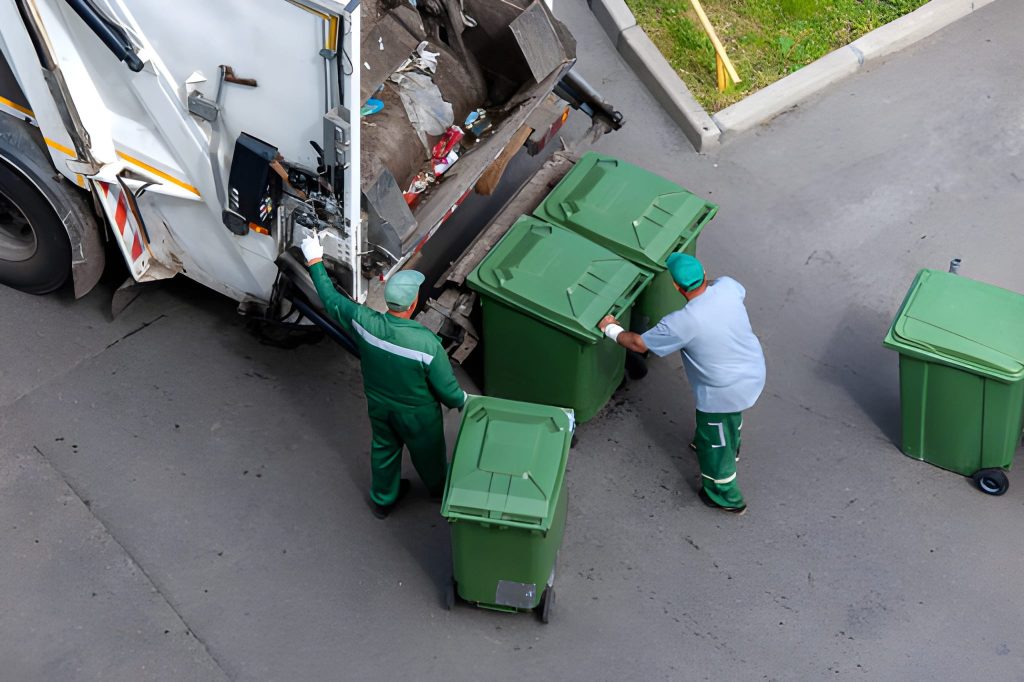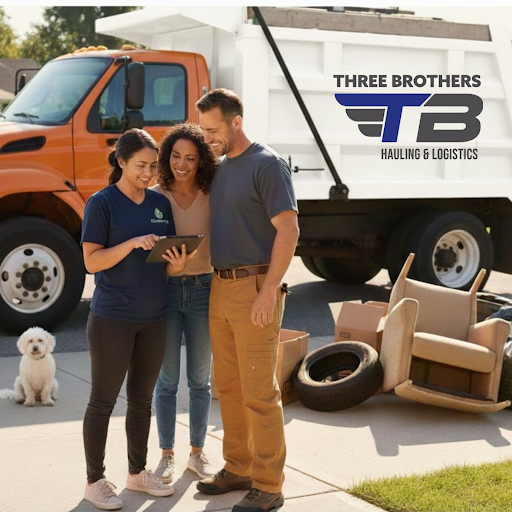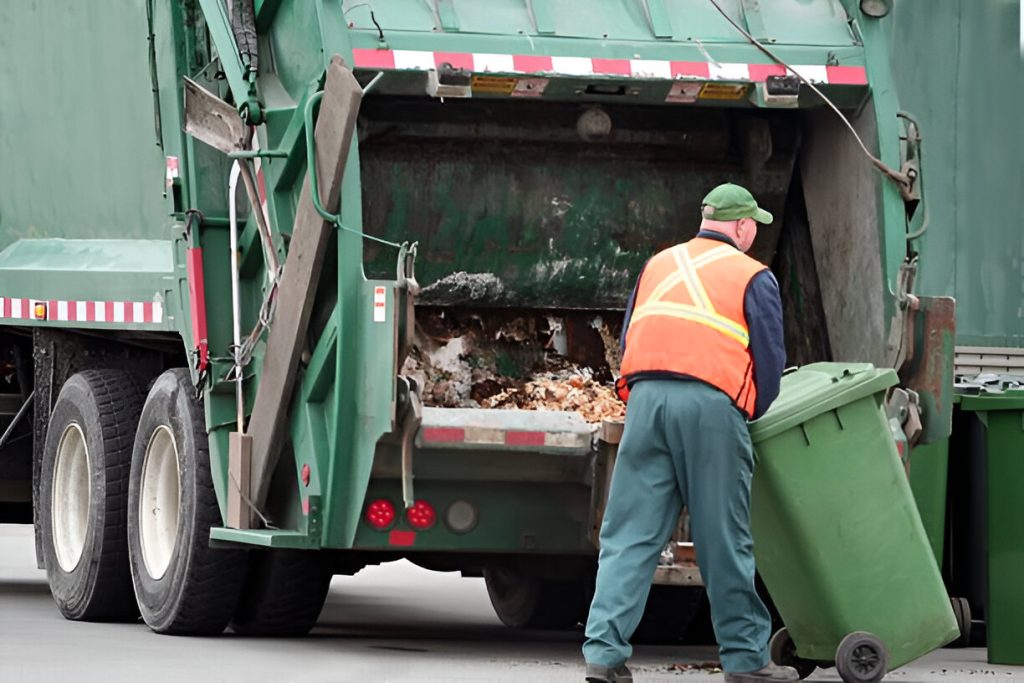Cities across the globe are growing faster than ever. With expansion comes more construction, more people, and of course, more waste. Overflowing bins, uncollected trash, and littered streets often threaten urban living. But modern urban waste solutions in Raleigh, NC step in to ensure cities remain healthy, livable, and attractive. These systems evolve continuously, meeting the demands of dense populations while supporting cleaner communities.
The Rising Demand for Sustainable City Waste Management
As populations expand, trash generation multiplies. Left unchecked, it harms both the environment and public health. That is why sustainable city waste management has become a priority for governments and communities.
Cities now focus on:
- Expanding collection routes.
- Building modern recycling plants.
- Educating residents about smarter disposal habits.
With a mix of policies, technology, and public cooperation, these efforts keep waste under control while preparing for the future.
How Professional Trash Collection Meets Urban Needs
Behind every clean street is a team ensuring waste disappears quickly and safely. Professional trash collection plays a vital role in reducing pollution, avoiding pest infestations, and maintaining sanitation standards.
Modern collection methods often include:
- Specialized trucks for different waste streams.
- Digital tracking systems to monitor pickup schedules.
- Coordinated routes for maximum efficiency.
When residents see their trash collected regularly, trust in the city system grows, enhancing community confidence.
Recycling Programs for Cities: Reducing the Load
No modern city can survive without effective recycling programs. Recycling reduces landfill waste, conserves resources, and cuts carbon emissions. Communities that adopt these initiatives enjoy a healthier environment and improved public morale.
Key benefits of urban recycling programs include:
- Lower costs for municipal systems.
- Reuse of valuable materials like paper, glass, and plastics.
- Opportunities for composting to support green areas.
Cities investing in recycling today create long-term savings and cleaner neighborhoods tomorrow.
Municipal Waste Disposal and Infrastructure Growth
As populations rise, so does the pressure on municipal waste disposal systems. City officials must ensure infrastructure grows alongside demand. This includes expanding landfills responsibly, building waste-to-energy plants, and setting up advanced recycling centers.
Strong municipal management provides:
- Safe disposal for hazardous materials.
- Streamlined collection for households and businesses.
- Integration with sustainability goals for future growth.
Eco-Friendly Urban Planning and Waste Strategies
A cleaner city isn’t just about removing trash. It’s also about designing spaces that minimize waste from the start. Eco-friendly urban planning promotes greener building designs, efficient public bins, and systems encouraging recycling habits.
Examples include:
- Housing developments with built-in recycling areas.
- Parks equipped with composting facilities.
- Public awareness campaigns tied to waste policies.
These strategies reduce strain on waste services while keeping neighborhoods attractive.
Urban Waste Solutions in Action
Cities worldwide have embraced innovative urban waste solutions that adapt as populations grow. Smart bins with sensors now signal when they need emptying, reducing unnecessary trips. Mobile apps allow residents to report full bins or schedule pickups. Some cities also convert organic waste into energy, closing the loop on sustainable systems.
By integrating technology, education, and infrastructure, urban centers transform waste into opportunities for growth and innovation.
Why Sustainability is Non-Negotiable in Growing Cities
No city can thrive if its waste piles up. Residents demand cleaner surroundings, and businesses rely on well-managed spaces. Embracing sustainable city waste management ensures urban centers remain healthy and competitive. With eco-friendly designs, advanced technology, and community engagement, waste becomes manageable instead of overwhelming.
Frequently Asked Questions
1. How do waste services adapt to rapid population growth?
They expand collection routes, upgrade infrastructure, and adopt technology to handle increased demand efficiently.
2. Why are recycling programs vital for cities?
They reduce landfill use, conserve resources, and support eco-friendly community development.
3. What role does municipal waste disposal play?
It provides structured systems for safe trash removal, including hazardous materials.
4. How does professional trash collection benefit residents?
It keeps streets clean, prevents health risks, and builds community trust in urban systems.
5. Can eco-friendly urban planning reduce waste?
Yes, it designs spaces that encourage recycling, composting, and responsible disposal.
Conclusion: Building Cleaner Cities Together
As cities grow, waste challenges will always rise alongside them. However, with the right mix of innovation, infrastructure, and public involvement, managing waste becomes a strength rather than a weakness. Communities that embrace urban waste solutions enjoy cleaner streets, healthier residents, and a stronger reputation as sustainable cities.
It’s time to take action. Support smarter disposal practices, join local recycling programs, and demand greener planning in your neighborhood. Together, we can make expanding cities both livable and sustainable.
Take Action with Urban Waste Solutions
If you want your neighborhood to thrive, start supporting modern urban waste solutions today. Cleaner communities are built with responsible disposal, recycling, and eco-friendly planning. Together, we can create a healthier future.






